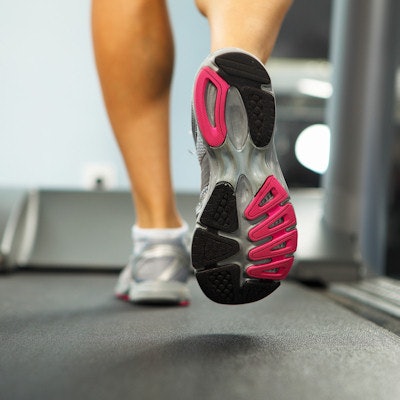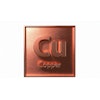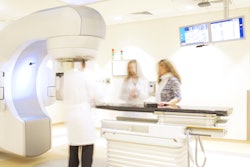
Patients who are physically active before they undergo thoracic radiation therapy may have better outcomes, according to study results delivered at a meeting on the cardiovascular care of oncology patients held by the American College of Cardiology (ACC).
Thoracic radiation therapy used to treat lymphoma or lung and breast cancer may increase patients' fatigue and cause difficulty breathing, reducing their ability to be physically active, presenter Dr. Sheela Krishnan of the Hospital of the University of Pennsylvania in Philadelphia said in a statement released by the ACC. Krishnan presented the group's research at the ACC's Advancing the Cardiovascular Care of the Oncology Patient course, being held February 14 to 16 in Washington, DC.
But being active before treatment helps improves outcomes afterward.
"[Our study] suggests that high levels of physical activity prior to initiation of radiation therapy for cancer are associated with better physical functioning and quality of life with cancer treatment," Krishnan said.
More and more people are surviving cancer and living longer, requiring long-term treatment such as thoracic radiation therapy of the chest, heart, and torso -- which has been shown to be an effective treatment in conjunction with chemotherapy for certain cancers. However, thoracic radiation therapy can also negatively impact the quality of life of patients. So Krishnan's team examined its impact on quality of life in patients with breast and lung cancer and lymphoma.
The study included 130 patients with these cancers who were treated with chest radiation between 2015 and 2018. The median age was 54 and 78.5% of study participants were women. The group collected data from patients on physical activity, fatigue, and shortness of breath before they received therapy, immediately after therapy was administered, and then five to nine months after it was completed.
The results varied by the type of cancer; the investigators found the following:
- Patients with lung cancer and lymphoma reported increases in fatigue and shortness of breath immediately after radiation therapy, although these effects later improved. With each 1-Gy increase in mean radiation heart dose, physical activity scores decreased, and every 10% increase in the volume of the heart receiving a radiation dose of 5 Gy was linked with a significant reduction in physical activity scores.
- Patients with breast cancer reported statistically significant increases in physical activity and decrease of fatigue over time after radiation treatment, Krishnan's group found. When differences in radiation and chemotherapy treatments were accounted for in these patients, the researchers found that baseline moderate to vigorous physical activity scores were associated with lessened fatigue over time.
"This study ... confirms that increasing levels of physical activity during treatment are associated with concurrent improvements in quality of life," Krishnan said. "Though we cannot establish a clear causal relationship from these findings, it does emphasize that physical activity and quality of life are closely linked."



















